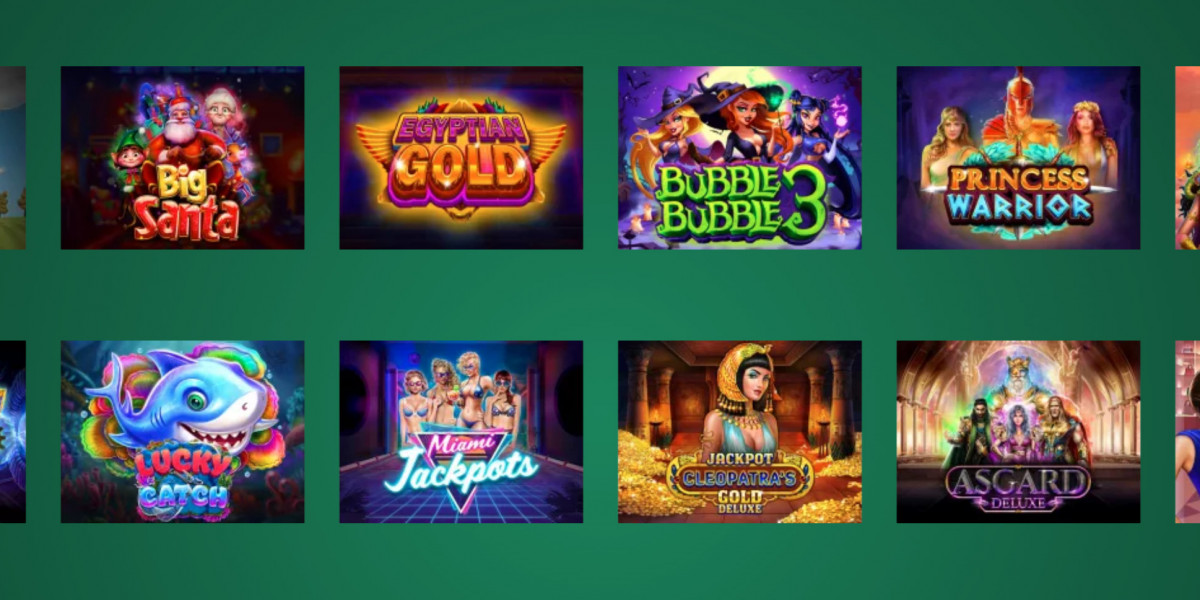Introduction: A Story of Reflection and Growth
One summer evening, Emily sat on a park bench, frustrated with the seemingly endless chaos in her personal life. Her relationships were strained, and career choices overwhelmed her. As she watched an old couple walk hand-in-hand by the lake, she wondered how they seemed so content despite life’s inevitable challenges. That’s when a kind stranger sitting beside her said, “It’s not about avoiding problems but learning how to carry them wisely.” Emily smiled, knowing she had just discovered something profound—wisdom.
This article dives into the concept of wisdom, its significance in personal and professional life, and ways to cultivate it. It is not merely knowledge but the ability to apply it with empathy, clarity, and insight.
What Is Wisdom?
It refers to the ability to make sound judgments and decisions based on experience, understanding, and insight. It transcends the accumulation of knowledge, focusing on how to use information in ways that improve oneself and contribute positively to others. Wisdom blends reason with emotional intelligence, making it an essential trait for navigating life's complexities.
Unlike fleeting information or temporary trends, wisdom provides timeless principles that guide behavior and choices. It encompasses humility, patience, empathy, and foresight, helping individuals act in ways that foster personal growth and community well-being.
Knowledge vs. Wisdom
1. Knowledge Informs, Wisdom Guides
Knowledge provides the "what"—facts, concepts, and details. In contrast, it answers the "how" and "why." For example, you may know the facts about healthy living, but it teaches you to apply these facts even when it is inconvenient or difficult.
2. Acquired vs. Gained Through Experience
Knowledge can be gathered from books, lectures, or research, but it emerges through personal experience. It grows when we reflect on our actions, learn from mistakes, and develop insight into the human condition.
3. Knowledge Evolves, Wisdom Endures
While knowledge constantly changes as new discoveries are made, it is timeless. The teachings of ancient philosophers, such as Confucius and Socrates, still hold relevance today, underscoring the enduring nature of it.
The Role of Wisdom in Personal Growth
1. Fostering Emotional Intelligence
It helps individuals manage their emotions, understand others’ feelings, and respond thoughtfully to challenges. By cultivating empathy and emotional resilience, wisdom enhances interpersonal relationships.
2. Promoting Self-Reflection
Wise individuals are often reflective. They assess their actions, acknowledge mistakes, and find ways to improve themselves. This continuous process of self-evaluation leads to personal growth and a deeper sense of fulfillment.
3. Balancing Short-Term Desires with Long-Term Goals
It encourages people to consider the bigger picture. It helps individuals resist impulsive decisions, prioritize meaningful goals, and navigate life with purpose and clarity.
Wisdom in Professional and Leadership Settings
1. Decision-Making with Integrity
Wise leaders rely on foresight and ethical considerations, ensuring their choices benefit both the organization and its stakeholders. They understand that short-term gains should not come at the expense of long-term sustainability.
2. Fostering Collaboration and Trust
Leaders with wisdom know the importance of listening and building trust within their teams. They encourage collaboration and foster an environment where diverse perspectives are respected and valued.
3. Adapting to Change
It equips leaders to handle uncertainty and change effectively. It allows them to remain calm in crises and respond with innovative solutions that align with core values and goals.
How to Cultivate Wisdom
1. Embrace Lifelong Learning
It grows through continuous learning. Stay curious, read widely, and be open to new ideas. Learning from both success and failure is essential to developing insight and judgment.
2. Practice Mindfulness and Reflection
Mindfulness practices, such as meditation or journaling, allow for thoughtful reflection. Taking time to reflect on experiences helps uncover deeper insights and fosters self-awareness.
3. Seek Guidance and Mentorship
Wise individuals often learn from mentors or advisors who offer valuable perspectives. Surrounding yourself with experienced and thoughtful individuals provides opportunities for growth and learning.
4. Cultivate Empathy
It involves understanding others’ perspectives and feelings. Developing empathy enhances decision-making and strengthens personal relationships. Listening actively and responding with compassion are essential steps toward becoming wiser.
Ancient Wisdom for Modern Times
Philosophical traditions across cultures emphasize the value of wisdom. Greek philosophers like Socrates and Plato advocated for reflective thinking, with Socrates famously stating, "The unexamined life is not worth living." In Eastern traditions, such as Buddhism, it is closely linked with mindfulness and detachment from material desires.
In today’s fast-paced world, ancient it remains relevant. Practices like mindfulness, emotional regulation, and thoughtful decision-making continue to be crucial for personal and professional success.
Conclusion
It is an essential trait that guides individuals through the complexities of life. It goes beyond mere knowledge, blending experience, empathy, and insight to foster personal growth and meaningful connections. Whether applied in personal relationships, professional settings, or moments of reflection, it offers clarity, balance, and resilience.
Cultivating wisdom requires continuous learning, self-reflection, and the willingness to embrace diverse perspectives. It enables individuals to make thoughtful decisions, build trust in relationships, and navigate challenges with grace. In a world that often prioritizes information and speed, it serves as a grounding force—reminding us to live thoughtfully, act compassionately, and grow continuously.
At the end of the day, it is not just about knowing the right answers; it is about living with purpose, embracing uncertainty, and finding meaning in every experience.








